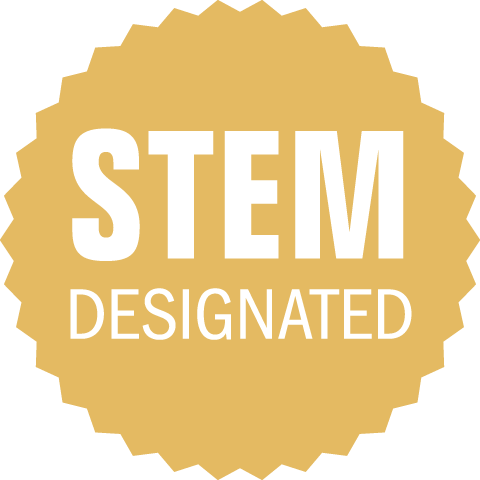

We are excited to share with you that the B.S. in Computer Engineering has merged with the B.S. in Electrical Engineering into an exciting B.S. in Electrical & Computer Engineering (ECE) degree. Click here for information on our new program. Transfer students are still being accepted into the B.S. in Computer Engineering program provided they are accepted into the program and begin study in Spring 2024 or sooner.
Computer engineering involves the design and development of computer hardware and software and an understanding of how the computer and its devices interact — which is why computer engineering is closely allied with electrical engineering and computer science.
A computer engineer’s job also includes integrating software options with the hardware that will drive applications in many different fields such as:
Our faculty are leaders and innovators in their fields, bringing both deep professional experience and academic rigor to the classroom.
The information below is designed to show the many possible careers you could pursue with your major. The research is provided by Encoura, the leading research and advisory firm focused exclusively on higher education. It includes median national salaries and industry growth projections over the next decade. Click here to view the full report.
Systems Engineer
13% Growth 2017-2027
Software Engineer
18% Growth 2017-2027
Security Engineer
17% Growth 2017-2027
In-depth analysis techniques applied to resistive circuits including a review of nodal and mesh analysis, Thevenin and Norton theorems, linearity and superposition, maximum power transfer, applications of operational amplifiers, PSPICE projects, 1st and 2nd order networks, mutual inductance and transformers, steady state power analysis, effective and rms values, complex power, power factor, three phase circuits, power relationships, power factor correction, sinusoidal frequency analysis, resonant circuits, simple filter networks, Laplace transform and its application to circuit analysis.
Characteristics of instruction set architecture (ISA) and microarchitecture; RISC and CISC ISA design; cache and memory hierarchy; physical and virtual memory; pipelining; branch prediction; project work in both ISA and microarchitecture implementation and design.
Modern operating system concepts including interrupts, process and thread management, concurrency, deadlock, memory management, file system management, resource allocation.
Axioms of probability, joint and conditional probability, random variables, probability density, mass, cumulative distribution functions, Bernoulli trials, Binomial, Poisson and Gaussian random variables, pairs of random variables, functions of one and two random variables, characteristic functions, sequences of independent random variables, central limit theorem, and laws of large numbers. Introduction to random processes. Autocorrelation and spectral density functions. Noise in electronic systems.
The University of New Haven offers a wide variety of in-depth courses that create a transformational educational experience for our students. To view the complete list of courses you'll take while pursuing a Bachelor of Science in Computer Engineering, check out the Academic Catalog:
Learn about earning college credit through Project Lead the Way.
Get an inside look at what differentiates the University of New Haven and how your experiences as a student will prepare you for success.




All University of New Haven students have access to the many resources available through the University’s Career Development Center, which has been named one of the best in the nation by The Princeton Review.
From career assessments, networking, and job shadowing to on-campus interviews and salary negotiation, the Career Development Center provides the skills and connections to identify a meaningful career and an opportunity to pursue your passion.
Learn More
The Charger Blog
Industry sponsors called HackNewHaven a resounding success as students from universities across Connecticut and Massachusetts collaborated, developed tech products, and presented their innovations as part of the student-run hackathon.
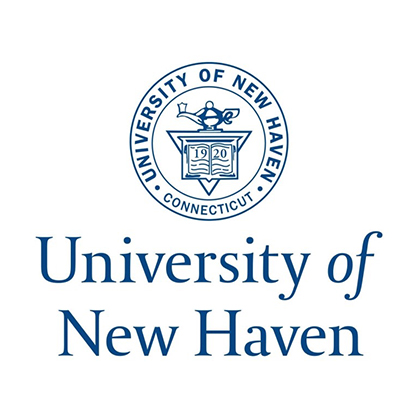
In the Media
The University of New Haven’s Robotic Club has advanced to the final round of the Mars Society’s 2025 University Rover Challenge along with universities from 11 other countries.
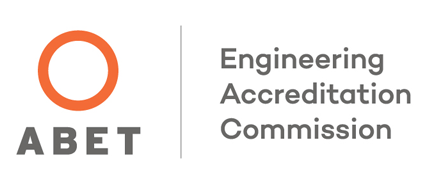
The B.S. program in Computer Engineering is accredited by the Engineering Accreditation Commission of ABET, https://www.abet.org, under the commission’s General Criteria and Program Criteria for Electrical, Computer, Communications, Telecommunication(s) and Similarly Named Engineering Programs.
Computer Engineering Program Objectives and Outcomes
Enrollment and Graduation Data for the Tagliatela College of Engineering
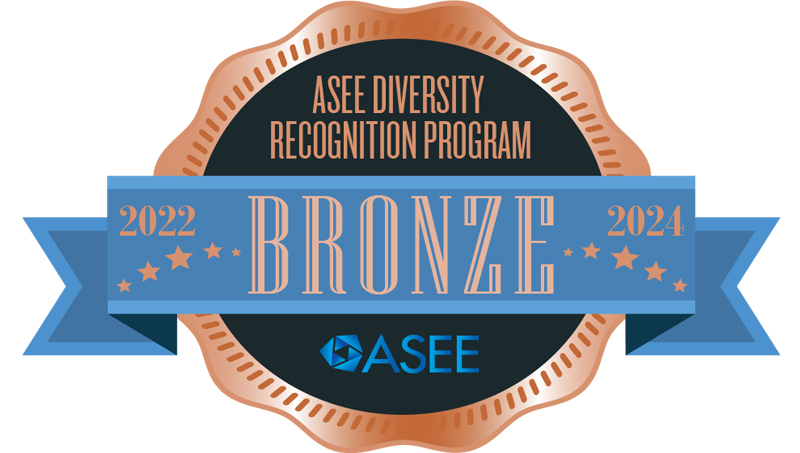
For its diversity, equity and inclusion efforts the Tagliatela College of Engineering has been recognized at the Bronze Level by the American Society of Engineering Education's Diversity Recognition Program.
Learn MoreThe University’s Tagliatela College of Engineering is again rated in the top third in its category (institutions that do not offer a doctorate in engineering).
Learn More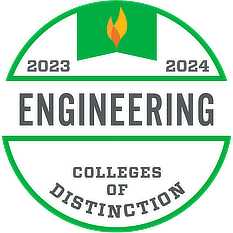
The University of New Haven was named a "College of Distinction" by Colleges of Distinction, a national online higher education guide that assesses colleges for its engaged students, great teaching, and vibrant campus communities. The Universitys engineering programs received special distinction for its internships and opportunities for real-world experience.
Learn MoreWhether you're still in high school or are transferring from another college, we offer full- and part-time opportunities for undergraduates from inside the U.S. and abroad. The admission process can begin as early as the end of your high school junior year.
The Application Process
We offer a comprehensive financial aid program, with students receiving assistance in the form of grants, scholarships, student loans, and part-time employment. Funds are available from federal and state governments, private sponsors, and from university resources. More than 85 percent of the University's full-time undergraduate students receive some form of financial assistance.
Learn More